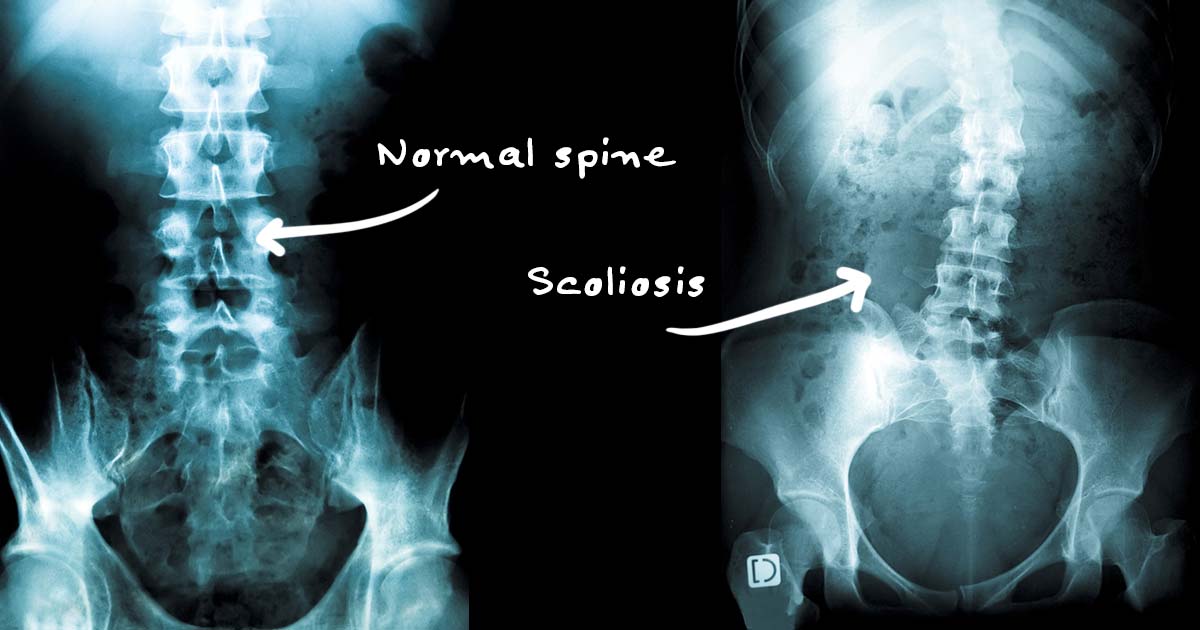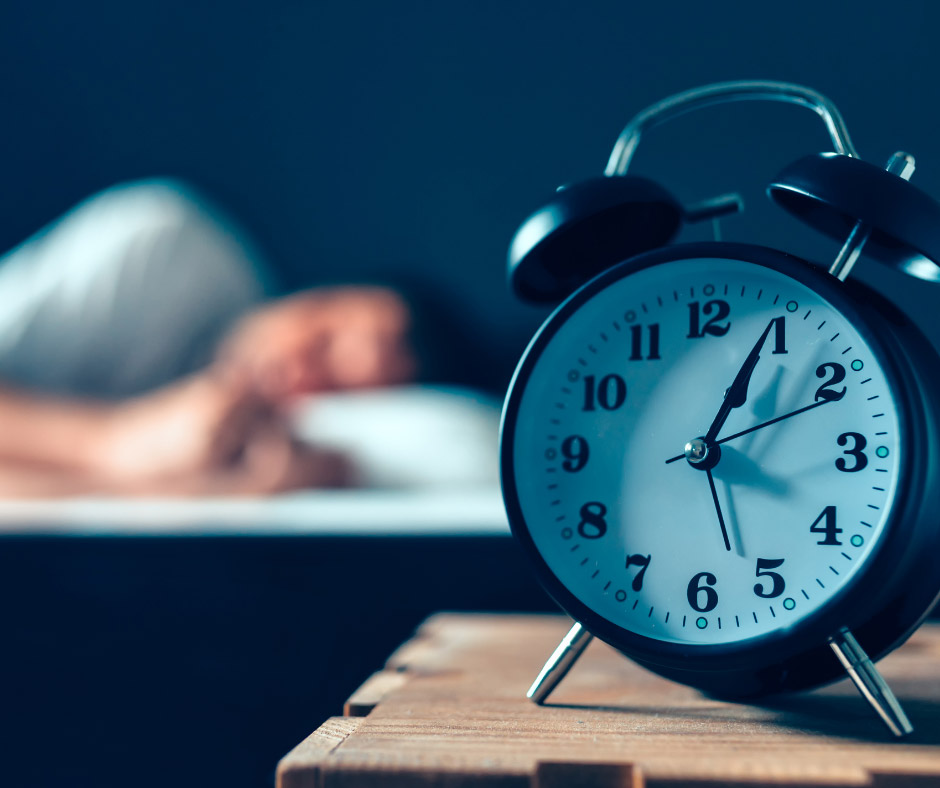Spine & Torso Blogs
JUMP TO

What is Scoliosis?
Scoliosis is a sideways bending of the spine. Normally when you look at a person’s spine it runs in a straight line. If you look at a Scoliotic spine bends to the side in either a ‘C’ or an ‘S’ shape. Types of Scoliosis There are 3 types: Idiopathic: This

Gardening Tips to Prevent Pain
This is indeed the time of year when gardeners everywhere rush out to their gardens with gusto – and with little thought as to whether they are bodily prepared for the exercise which they are about to do.
So here are some handy gardening tips which may help you prevent any injuries whilst out in the garden this spring.

Minimising Discomfort When Driving
It’s a well-known fact that driving can cause or aggravate pain. Below are some of the seat positioning and pain management strategies that can help to reduce and manage discomfort when driving.

Christmas Tips
Christmas is fast approaching! Which can mean extra stress levels, especially at the weekends when we try and cram in the Christmas shopping and subject ourselves to carrying those gift-laden shopping bags through the crowds. Add to this the extra pressure of cleaning the house, the food preparation and cooking for your friends and family when they come and visit. Plus there is always that trip into the attic to get the Christmas decorations and the tree down! Although the preparations are fun, there is always so much on the Christmas to do list as you get ready for the big day! But beware this can add extra twists and strains on your back – so here are some tips for having a pain free Christmas!

A Good Night’s Sleep
Getting a good night’s sleep is incredibly important for your overall health. It’s a period of time when the body restores itself physically, and organisation occurs in our brain. Research has shown that a person’s ability to concentrate, use creative thinking, make sound decisions, and form memories can all be negatively impacted by poor sleep.

Pelvic Imbalance
Very often in our clinics, we see people come in with pelvic asymmetry or imbalance. This can cause or aggravate any number of injuries and problems throughout the body. Why does this happen? Well, the most obvious answer is that the pelvis is a supportive structure, and when it’s restricted, the ability to provide that support can be significantly reduced. The pelvis helps with the movement of your legs and torso, whilst stabilising all your lower abdominal and pelvic organs; therefore playing a major role in fluid circulation. When the pelvis isn’t moving well, those areas are typically some of the first to be affected.
